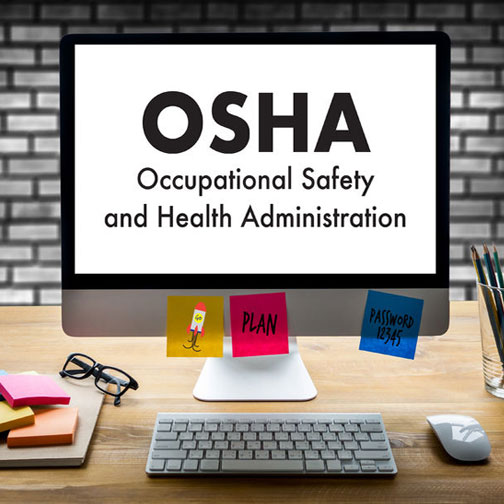Overview
 If you’re wondering what to do in the wake of the United States Supreme Court’s decision striking down the OSHA’s Emergency Temporary Standard mandating COVID-19 vaccination and testing, you’re not alone. Unfortunately, there is no short answer for many employers – it largely depends on your industry, and where you’re located.
If you’re wondering what to do in the wake of the United States Supreme Court’s decision striking down the OSHA’s Emergency Temporary Standard mandating COVID-19 vaccination and testing, you’re not alone. Unfortunately, there is no short answer for many employers – it largely depends on your industry, and where you’re located.
First and foremost, you need to verify that you are not subject to any other COVID-19 vaccination mandates. Employers in the health care industry that fall under the reach of the Centers for Medicare & Medicaid Services (CMS), for example, are still subject to the CMS’s COVID-19 vaccine mandate and should continue preparing for the upcoming deadlines. Several local governments have implemented their own COVID-19 vaccination mandates that impact employers outside the health care industry, including Chicago, New York City, and Los Angeles County.
Second, employers must continue to do everything they reasonably can to diminish the spread and transmission of COVID-19 in the workplace under their obligations under OSHA’s General Duty Clause. Under the General Duty Clause, employers are obligated to maintain a workplace that is free from recognized hazards that can cause illness or injury. OSHA has publicly stated that it will continue to enforce this standard with respect to COVID-19.
If you are obligated to implement a COVID-19 vaccination policy, act accordingly. Employers not covered by the CMS or state/local mandates, on the other hand, have the option of choosing whether to implement a vaccination policy and, if so, how to enforce it … at least, in theory.
Several states allow employers to implement mandatory vaccination policies – but only if they place very low bars on obtaining an exemption. Texas, for example, requires private employers to grant an exemption to any employee “who objects to such vaccination for any reason of personal conscience, based on a religious belief, or for medical reasons, including prior recovery from COVID-19.” Arizona, Florida, Kansas, Montana and Tennessee have similar requirements. Employers in states with less rigid vaccination exemption requirements have more options when it comes to implementing and enforcing a more rigid COVID-19 vaccination policy, but still need to consider masking requirements, who will cover costs associated with testing, and so on.
So, to summarize: it’s a jungle out there. In light of the above, all employers should consult with trusted legal counsel to determine their obligations and options in implementing a COVID-19 vaccination policy unique to their industry, operations and geographic footprint.
Professionals
Related Services
- Affirmative Action
- Cannabis in the Workplace
- Employee Benefits, Executive Compensation & Tax
- Employment Advice & Counsel
- Equal Pay Compliance
- Government Regulation, Audit & Compliance
- Immigration & Global Mobility
- Labor, Employment & Immigration
- OSHA
- Prevailing Wage
- Public Sector
- Staffing Agency, Independent Contractor & Contingent Workforce
- Traditional Labor & Union Relations
- Unfair Competition Counseling & Litigation
- Vaccine Mandates in the Workplace
- Wage & Hour
- Workers' Compensation
